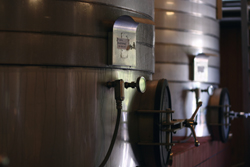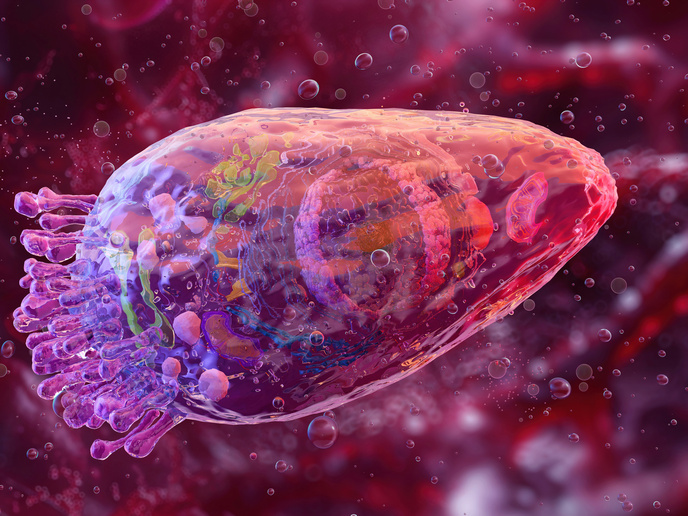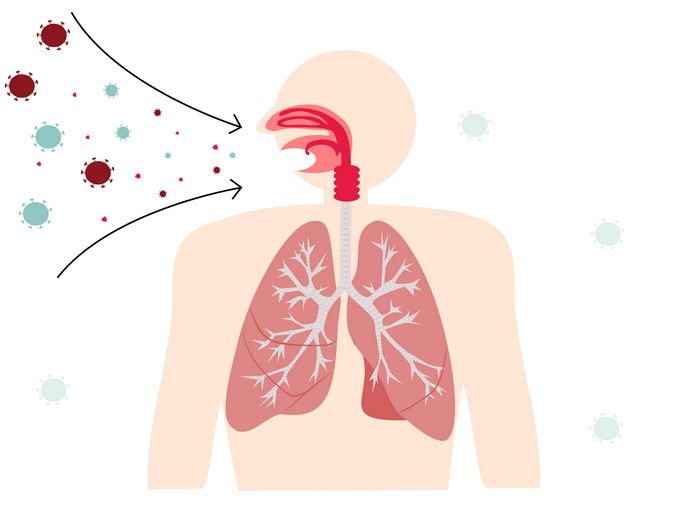Understanding lactic acid bacteria
The EC-funded DECARBOXYLATE project set out to improve understanding of the decarboxylation steps involved in fermentation. It is known that decarboxylation of different substrates can result in either health-promoting or toxic effects. Decarboxylation of amino acids for example results in the production of bioorganic amines, with deleterious effects. Identification of LAB unable to produce bioorganic amines and that also demonstrated resistance to acidic stress were the aims of the project. The metabolism of citrate by LAB is beneficial in many ways and can also result in the inhibition of growth of many pathogens. As outlined earlier, the strains of LAB that can carry out these processes can be very useful within the food industry. Project partners worked on developing models to demonstrate the specific role of citrate metabolism in LAB. In particular, they focused on how citrate metabolism can affect acidic stress resistance in LAB. The data of the studies indicated that improving the ability of bacterial strains to transport citrate from the surrounding environment could improve their acid resistance profile. The research provided a number of additional insights, which could lead to the selection of new LAB strains with more favourable profiles.







